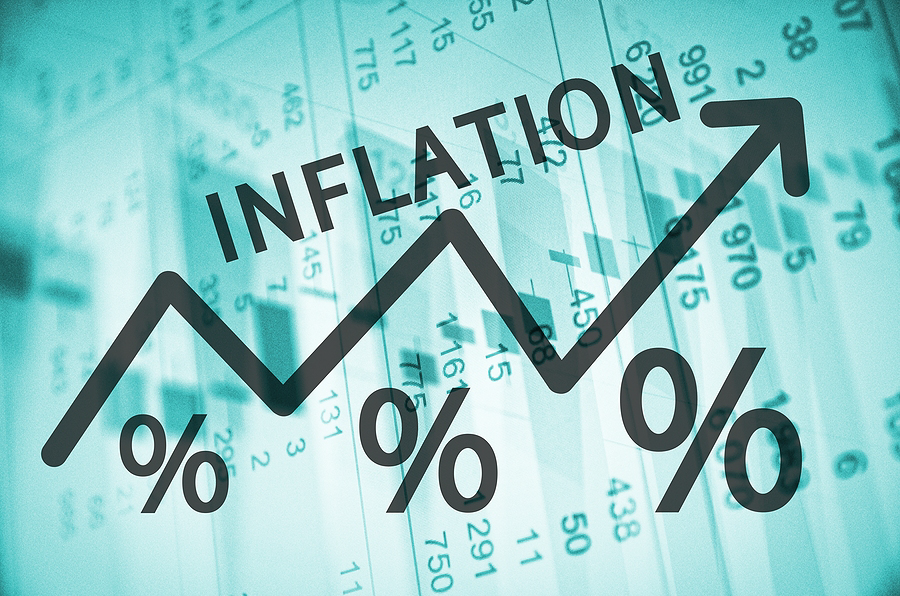Inflation is the rate at which the cost of goods and services rises. Inflation is measured by the consumer price index (CPI), which monitors the average prices of goods and services across categories like food, vehicles, apparel, and healthcare services.
Due to inflation, your hard-earned money will buy you fewer groceries, gas, medical services, or anything else than previously. While inflation affects most industries, how much it affects them varies. After all, not all goods and services increase at the same percentage. Inflation may impact multiple sectors, impacting your wallet simultaneously.
Food industry—When inflation hits, Food prices go up due to the increased costs of agriculture, labor shortages, and infrastructure issues, like a shortage of truck drivers. It may be no surprise that your grocery bill is more expensive than it used to be.
Air transportation—An increase in oil prices often leads to a rise in airplane fuel prices, which eats into the earnings of many airlines. Also, since travel is usually a nonessential expense, many people tend to spend less on airfare or avoid airfare costs altogether, further hurting the bottom line of the air transportation industry during inflationary periods.
Apparel—Inflation can significantly affect the clothing industry due to the increased costs of wool, leather, cotton, and other materials. Often, apparel companies pass the increased costs on to their customers. For this reason, consumers may shop for clothing less frequently or buy used clothing during inflation.
Many other sectors feel inflation when purchasing raw goods, which causes price increases and, as a result, decreased spending by consumers.
How to combat inflation and rising prices
Fortunately, there are steps you can take to prepare for and combat inflation, including:
Create a budget—A budget is a spending plan that considers your income and expenses. It can help ensure you have enough money for your needs and wants. If you don't already have a budget, consider the pay-yourself-first, zero-based, or 50/30/20 budget.
Cut unnecessary expenses—You may spend money on goods and services you don't need or want. These may include a gym membership you never use, daily trips to the coffee shop, and cable television. Getting rid of them helps free up your monthly cash flow.
Reduce or pay off debt—Debt can make it difficult to meet financial goals during an era of inflation. The faster you pay off debt, the sooner you’ll be able to save for a house, buy a new car, build an emergency fund, or contribute to your retirement savings accounts.
Consult your financial professional
Inflation can impact what consumers pay for goods and services and investment returns in specific sectors. A financial professional can help you work toward a strategy for economic security and investment returns when inflation is at an all-time high.

